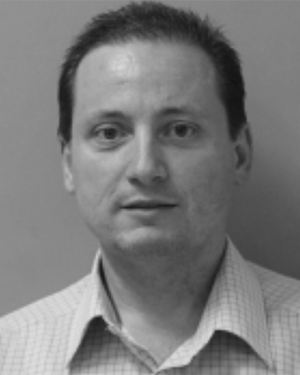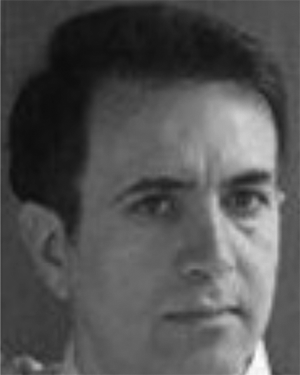1 Introduction
Aggressive technology scaling has dramatic impact on: (1) process, voltage, and temperature (PVT) variations; (2) circuit aging and wearout induced by failure mechanisms such as NBTI, HCI; (3) clock skews; (4) sensitivity to EMI (e.g., cross-talk and ground bounce); (5) sensitivity to radiation-induced single-event effects (SEUs, SETs); and (6) power dissipation and thermal constraints. The resulting high defect levels, heterogeneous behavior of identical circuit nodes, circuit degradation over time, and integrated circuits complexity, affect adversely fabrication yield, reliability, and circuit lifespan.




